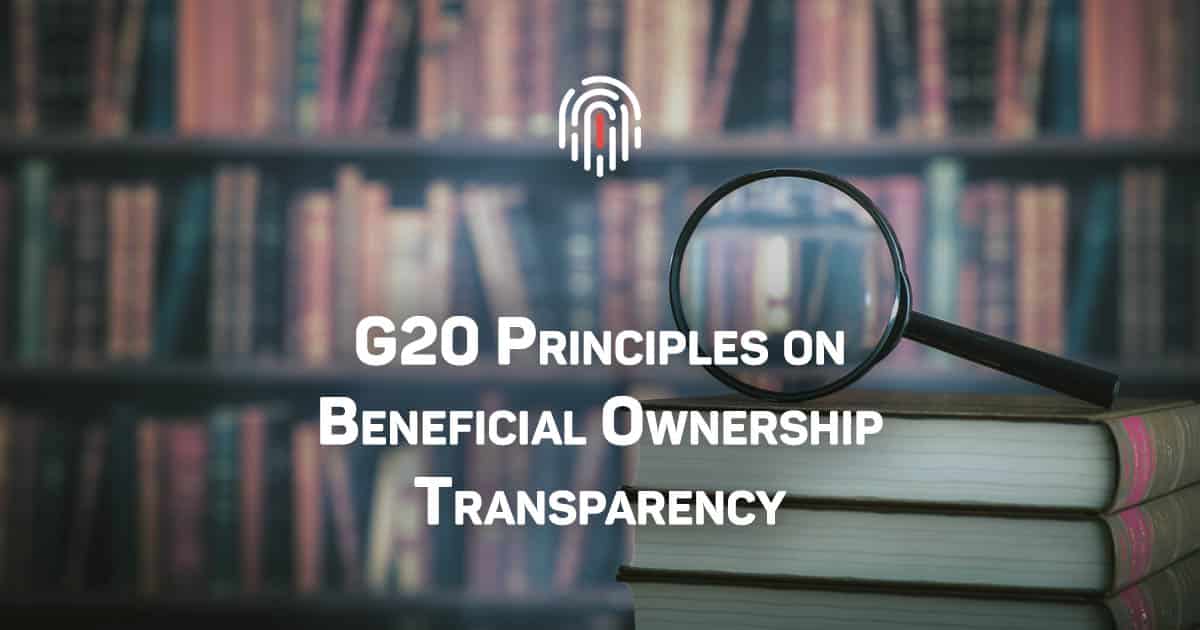
Explore the Library
The G20 is committed to leading by example by endorsing a set of core principles on the transparency of beneficial ownership of legal persons and arrangements that are applicable across G20 work streams. These principles build on existing international instruments and standards, and allow sufficient flexibility to for our different constitutional and legal frameworks.
- Countries should have a definition of ‘beneficial owner’ that captures the natural person(s) who ultimately owns or controls the legal person or legal arrangement.
- Countries should assess the existing and emerging risks associated with different types of legal persons and arrangements, which should be addressed from a domestic and international perspective.
- Countries should ensure that legal persons maintain beneficial ownership information onshore and that information is adequate, accurate, and current.
- Countries should ensure that competent authorities (including law enforcement and prosecutorial authorities, supervisory authorities, tax authorities and financial intelligence units) have timely access to adequate, accurate and current information regarding the beneficial ownership of legal persons. Countries could implement this, for example, through central registries of beneficial ownership of legal persons or other appropriate mechanisms.
- Countries should ensure that trustees of express trusts maintain adequate, accurate and current beneficial ownership information, including information of settlors, the protector (if any) trustees and beneficiaries. These measures should also apply to other legal arrangements with a structure or function similar to express trusts.
- Countries should ensure that competent authorities (including law enforcement and prosecutorial authorities, supervisory authorities, tax authorities and financial intelligence units) have timely access to adequate, accurate and current information regarding the beneficial ownership of legal arrangements.
- Countries should require financial institutions and DNFBPs, including trust and company service providers, to identify and take reasonable measures, including taking into account country risks, to verify the beneficial ownership of their customers.
- Countries should ensure that their national authorities cooperate effectively domestically and internationally. Countries should also ensure that their competent authorities participate in information exchange on beneficial ownership with international counterparts in a timely and effective manner.

Leave a Reply